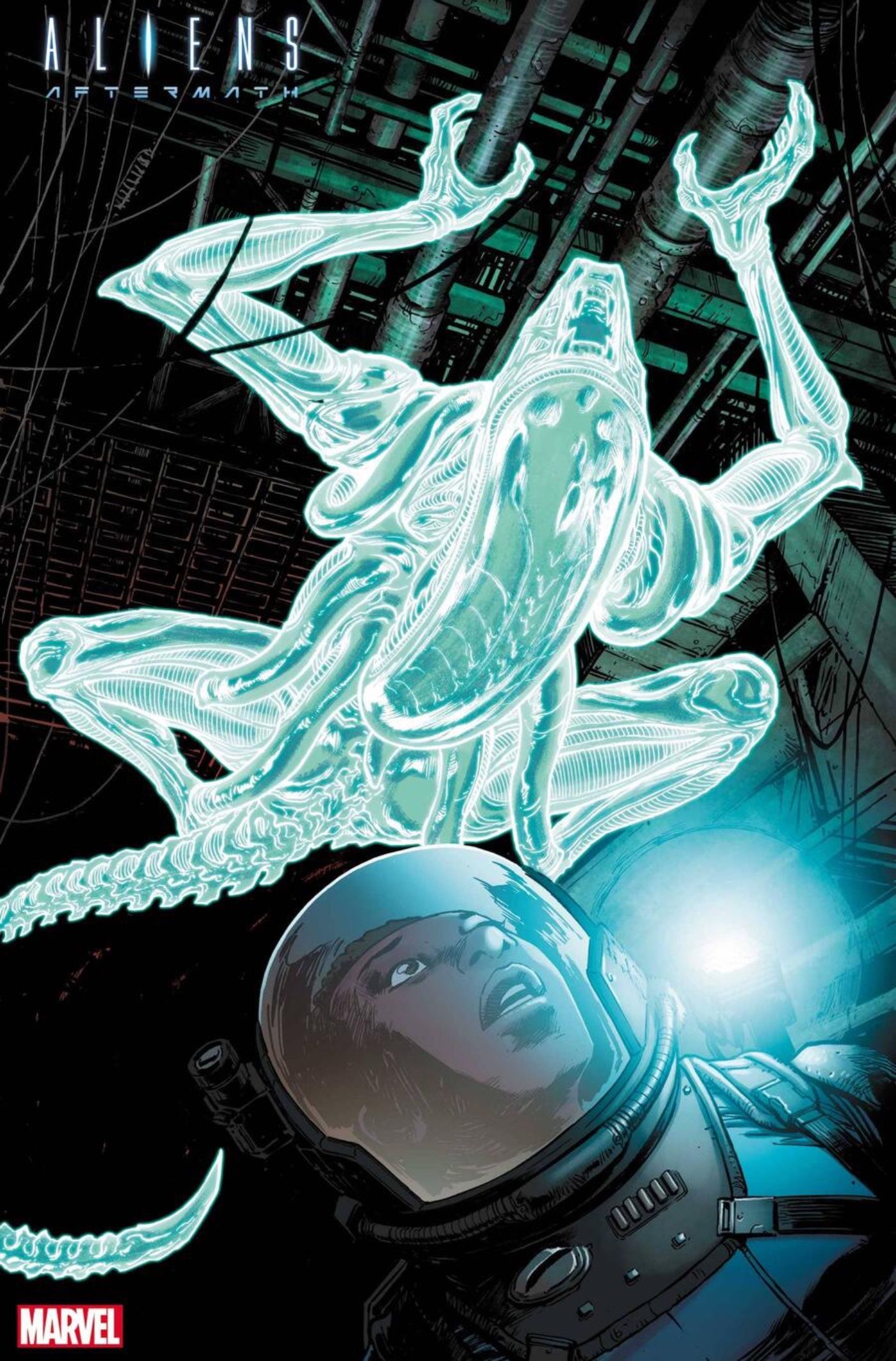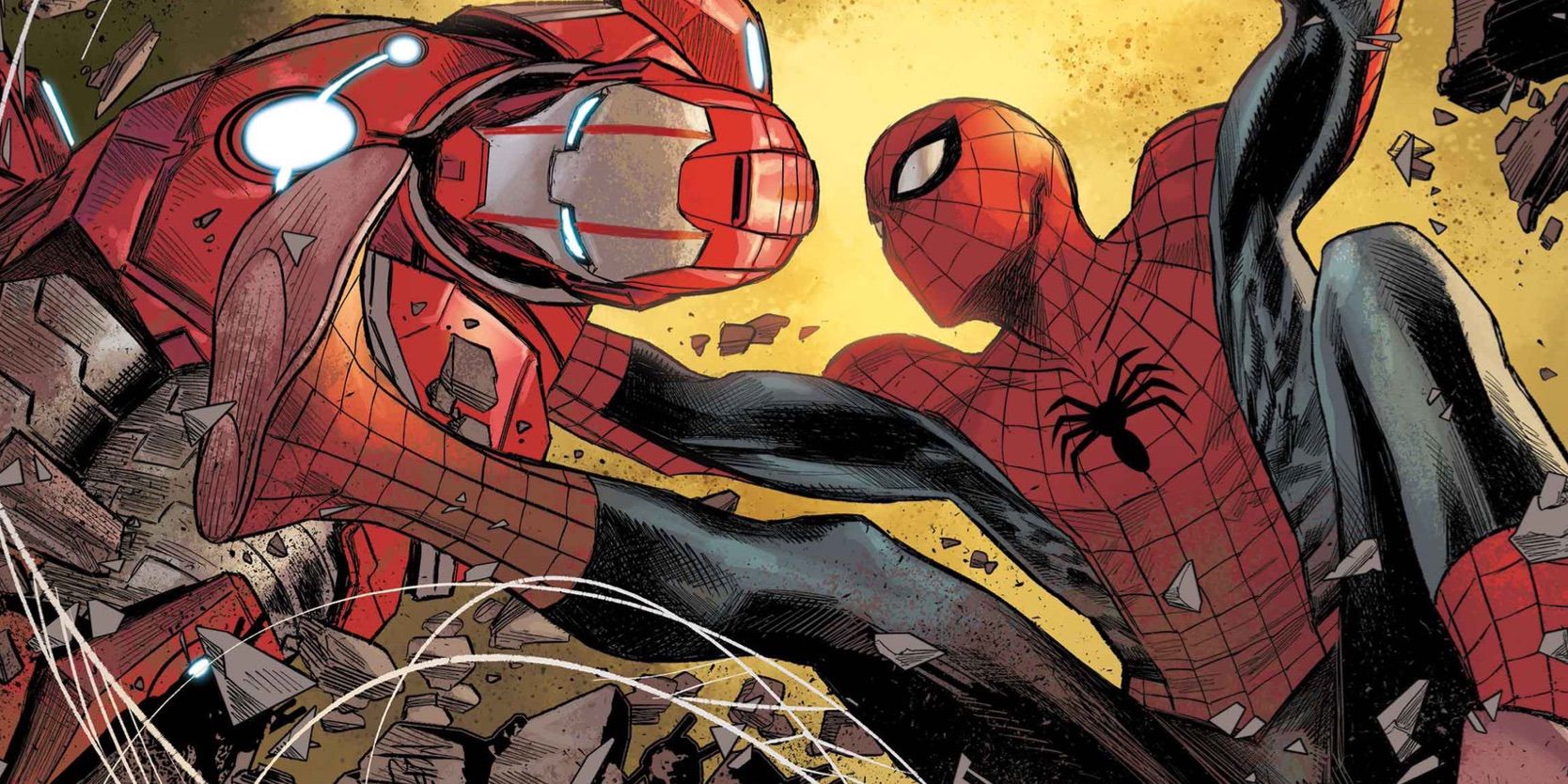Marvel is set to publish an official sequel to the film Aliens that will rewrite the film’s ending even more than Alien 3 did. While the third movie was met with resounding disappointment and is overall remembered as one of the lesser entries in the film series, the comics sequel Aliens: Aftermath has an opportunity to use its retcon to tell an engaging story that builds on its predecessor rather than erasing it.
Taking place 57 years after the first film in the series, the 1986 James Camero film Aliens concerns a mission to save colonists on a remote world that has been overrun by the titular Xenomorphs. Ripley, the protagonist from the first film, is brought back in to aid a group of marines on the mission, as she is the most experienced with these creatures and knows how to defeat them. After marines are killed off one by one and Ripley goes head-to-head with an alien queen, the film ends with Ripley, Newt, Bishop and Hicks escaping from the Hadley’s Hope colony while blowing it up in a nuclear blast, seemingly defeating the threat.
The upcoming Aliens: Aftermath comic one-shot, written by Benjamin Percy with art by Dave Wachter and colors by Chris Sotomayor, will explore a group of journalists as they venture to the ruins of the Hadley’s Hope colony. Previews for the comic reveal that the explosion at the end of the film did not wipe out all the Xenomorphs, but instead seems to have altered them in a fundamental way. As one character explores the ruins of the colony, a glowing Xenomorph can be seen creeping towards her from the ceiling.

While this seems to negate the actions of the heroes from the film, it does so in a more intriguing way than the follow-up movie, Alien 3, did. Directed by David Fincher and released in 1993, the third film opens with the survivors’ ship crash-landing on a prison planet and killing every character who made it through Aliens, with the exception of Ripley. Re-watching Aliens with this knowledge adds an element of futility to the experience. Any drama of the characters making it out is rendered pointless by the fact that as soon as they escape they are going to die off-screen deaths. Similarly, one of the core storylines of Aliens is the bond that Ripley forms with Newt, who becomes a sort of surrogate daughter. This story now has a heartbreaking note to it as viewers know that Newt is not going to make it or survive into adulthood.
The advantage of the Aliens: Aftermath comic is that its retcon opens up new story possibilities, rather than narrowing them. The decision to kill off the characters and make Ripley the sole survivor was made by Vincent Ward, who wrote a draft of the script and is given “Story By” credit on the final film. He has said he wanted to get rid of Newt because she annoyed him, and he wanted Ripley to be suffering from loss. Instead of erasing elements from the film, the comic is building upon what happens at the end of Aliens. If the nuclear explosion did indeed make these Xenomorphs radioactive, it adds narrative weight and shows that the decisions the characters made on-screen has consequences. The ending is a jumping off point to the story, rather than an obstacle to overcome. Whether the comic follows through with this promise remains to be seen, but it is starting in a much stronger position than Alien 3 did.




